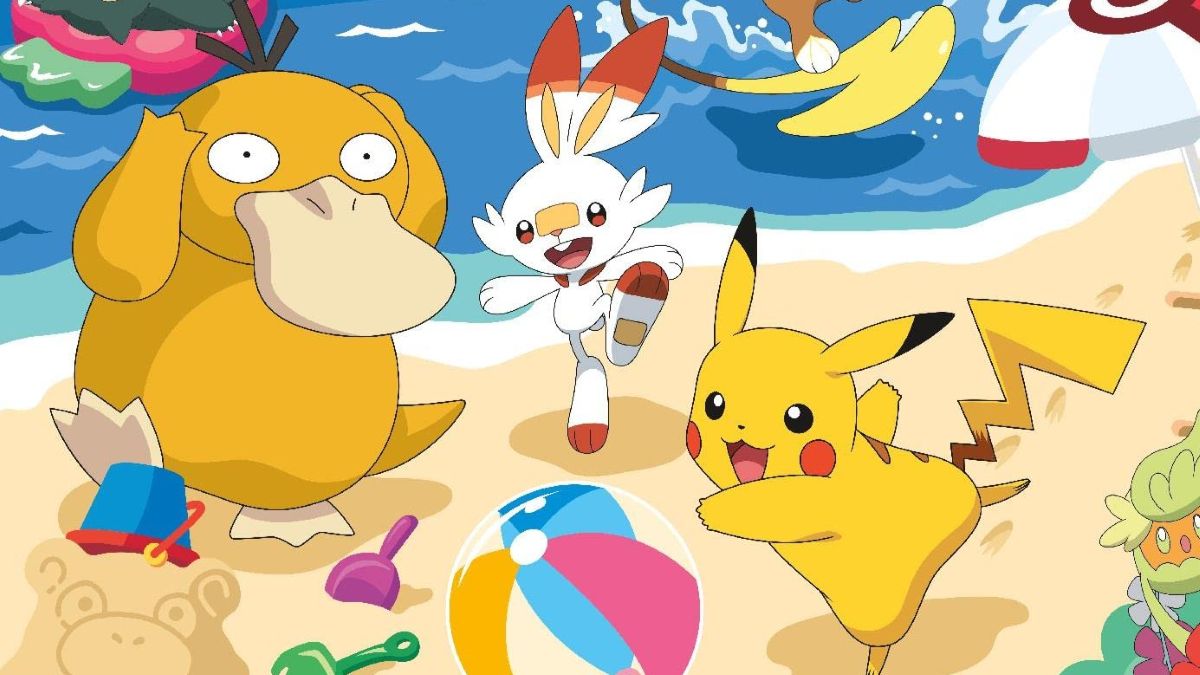A little over two years ago, I lined up at my local brick and mortar retail store, picked up my Nintendo Switch preorder, drove home like a madman, and hastily set up my new system without any attention being paid to aesthetics or cable management. What can I say? It had been a few years since a brand new console launch, and beneath its special edition packaging, The Legend of Zelda: Breath of the Wild was calling out to me with its siren song. A few minutes in, I was instantly hooked — and that’s when my unbridled joy quickly turned to melancholy.
“Damn,” I thought to myself. “I’m never going to play my Wii U again, am I?”
To be honest, I have mixed feelings when it comes to Nintendo’s financial flop of a console. Many of its first-party titles fully embraced the idea of asynchronous multiplayer and novel gameplay mechanics, with the Gamepad paving the way for some of the most fun I’ve had in years. On the other hand, some games over-relied on the idea of splitting the player’s attention between two screens, and the preservationist inside of me is stuck with an ever-present feeling of dread and anxiety, as I can’t imagine the Gamepad will hold up year after year. It’s highly unlikely that third-party solutions will be available anytime soon, which is a shame for those who prefer real hardware over emulation.
Still, the Wii U was home to some of the best games of the past generation, and Nintendo has been mindful of making sure some of its best work doesn’t remain chained to a console that’s doomed to be lost to the annals of time. In the first year alone, the Switch not only got a spruced up port of Mario Kart 8, but it also received a fully-fledged sequel to Splatoon. It was only a matter of time until the company’s Mario-centric level creation game received a follow-up, and thankfully, it’s arriving just in time for summer. Sure, Super Mario Maker 2 might follow the same basic blueprint as its predecessor, but the sheer number of new additions and tools makes for an infinitely more robust experience.
Interestingly, Nintendo’s latest has more in common with the 3DS version than the Wii U release. For better or worse, the original was rather light on in-depth lessons that taught fundamental design principles — a shortcoming which was remedied in the handheld port. This time around, Yamamura’s Dojo (which I’m told is named after legendary level designer Yasuhisa Yamamura) serves up nearly 50 tutorials, ranging from tips on difficulty, item placement, treating the player fairly, and pacing, just to name a few. These bite-sized, non-interactive lessons can largely be ignored for those who’d rather learn by doing, but they are an invaluable resource for those who need a more guiding hand.
Of course, some players prefer a more subtle approach, which is where the brand new Story Mode comes in. It’s not unlike the Super Mario Challenge stages from the aforementioned 3DS release, but this time around, there’s a thin narrative layer tying everything together. For reasons I won’t get into — surprisingly, they have nothing to do with Bowser — Princess Peach’s newly-constructed castle has been completely destroyed, and it’s up to you (or rather, Mario) to guide the rebuilding process along by completing bounty challenges to raise funds. This really just amounts to completing Nintendo-created levels, but the handful of new characters and dialogue are all charming and funny.

For those who prefer to be inspired by playing, the Story Mode should be the first thing you check out. There are so many new additions and changes to the level creation system (too many to go over, frankly), but the expertly designed levels do a stellar job at showcasing the changes Nintendo has made. Levels can now have pre-defined clear conditions, such as collecting a certain number of coins or reaching the goal without touching the ground. This might seem like a minor addition, but I imagine it’ll be a lifesaver to some — the original Super Mario Maker community really went out of their way to circumvent the limitations of that game’s toolset. I have a sneaking suspicion that the devs have been paying attention to what fans have been clamoring for, and the new inclusions open up a plenty of new designs opportunities.
Want to make a carefully paced auto-scroll level? Have at it. Did you loathe having to wait for course items to unlock over time? All of them are available right from the getgo! Are you a masochist at heart, and really love that annoying, angry sun from Super Mario Bros. 3? Make him an enemy in all of your courses! The possibilities really do feel endless, and I can’t wait to see how the most passionate level creators make use of the ON/OFF switches and blocks. If you’re a fan of more recent Mario games, Nintendo has even included the ability to create and play Super Mario 3D World levels. Because of how different this particular game’s mechanics are, you won’t be able to swap to and from the game’s palette at will, but all of its iconic mechanics have made the transition, from the Cat Suit and clear pipes to those pesky (and occasionally, downright infuriating) Beep Blocks.
Admittedly, I was a little worried that the level creation process would fall flat without a dedicated Gamepad and stylus, but rest assured, Nintendo has fine-tuned the control scheme and user interface. You can place and delete items and enemies with a simple button press, and everything you’d want to tinker around with is organized into handy radial menus. It might take a few minutes to get used to navigating with a standard controller, but you can also use the Switch’s touchscreen when playing undocked. If the thought of fingerprints and smudges is enough to drive you insane (yep, I’m one of those…), I’d suggest picking up a stylus for a few bucks.

While Nintendo is still playing catch-up when it comes to their online infrastructure, sharing your creations and trying other player-made courses couldn’t be any easier. A bevy of filters and tags make it a snap to find a specific type of course, and this time around, you can even play along with friends. Taking inspiration from (what I assume to be) Dark Souls, you can leave pre-defined comments on someone else’s level — personally, I like to warn other players about an upcoming trap or obstacle. If you’re really into making your own levels, the new Maker Profiles keep track of how well your courses have been received by other players. Those with a competitive side will probably get a lot of mileage out of the multiplayer stages, which task you with finishing a level before everyone else. This mode can be played with random strangers, but thankfully, Nintendo has reversed course and will patch in the ability to play with friends sometime after launch.
While I wouldn’t go so far as to say that I took issue with it, the original Super Mario Maker had a few niggling shortcomings that kept it from achieving platforming perfection. This time around, I’m happy to report that the ship has been righted. From its newly-included single player mode, a robust suite of tutorials, and a beefy level sharing system, it’s safe to say that we have come closer to reaching perfection. It might look like a simple level creation tool, but Super Mario Maker 2 is anything but. It’s a celebration of everything Nintendo, and a perfect distillation of the creative spirit that has captured the hearts and minds of gamers for the past few decades.
This review is based on a pre-release version of Super Mario Maker 2, which connected to a pre-release server of the game. A copy was provided by Nintendo.
















Published: Jun 26, 2019 07:59 am